Let’s talk skin and my favorite topic is definitely sensitive skin! Sensitive skin is not actually defined as a ‘skin type’ like oily/ dry skin because no matter your skin type you can suffer from Sensitive skin. And what needs to be addressed is 1) sensitive skin in 2022 as well as 2) how to apply makeup on sensitive skin. I will go into detail in this blog post.
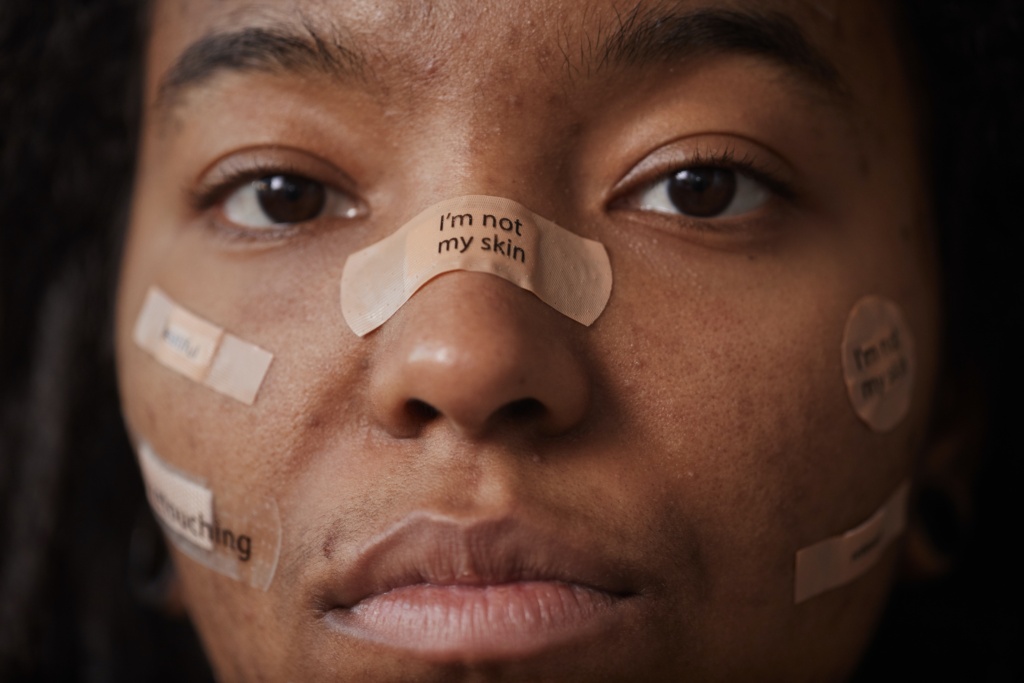
Sensitive Skin in 2022
It is my belief that with the advent and stress of Covid19 (and masks), all our skins have a greater tendency to become sensitive. Sensitive skin is skin that has lost/ broken its outer layer (epidermis) which is made up of skin cells, lipids, oils, amino acids and fatty acids. This layer of skin cells protects our skin, it acts as a barrier and is the first line of defense. It has many functions here are some of them:
- Keeps our body hydrated
- Protects against pollution and any external elements (wind, rain)
- Protects us from the sun/ UV damage (these are mainly due to keratinocytes)
- Prevents water loss because it is waterproof
- Creates our skin tone (gives our skin its color) due to the presence of melanocytes which produce melanin

When our barrier/ epidermis is compromised or broken our skin is said to be sensitive or it has become sensitized. One can think of it as exposing the layers of skin cells underneath the epidermis called the dermis. The dermis contains sweat glands, blood vessels, hair follicles and connective tissue. It protects the body from stress and strain; it gives the skin strength and elasticity. If the dermis is stretched a lot, for instance, during pregnancy, the dermis can be torn, and this shows up as so-called stretch marks.

How do we damage our skin barrier?
Here are just a few things that can impact your skin barrier, resulting in sensitised skin:
- External aggressors from sun damage and pollution.
- Over-exfoliation or overuse of active skincare.
- Incorrect skincare choices for your skin.
- Seasonal or environment changes.
- Illness and medication.
- Stress and diet.


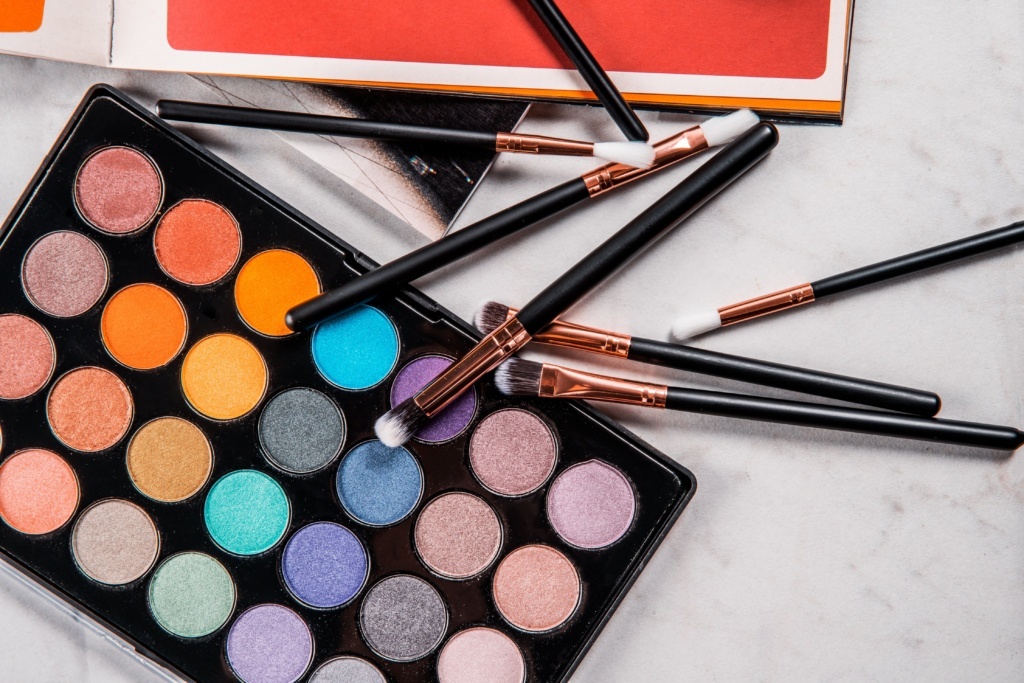
How do I know if I have sensitized skin?
A general rule of thumb with knowing if your skin has become sensitized is to determine whether you have if you have oily or dry skin. When your skin is oily, it secrets more oil and if you have dry skin, your skin develops a rash and can become rough or flakey. In some cases, when more skin barriers are broken you can develop conditions such as eczema, acne, psoriasis and dermatitis. When this happens you will need cortisone treatment from a dermatologist. Here are some symptoms for when your skin can show signs of being sensitized:
- Redness and sensitivity.
- Dehydration, dryness and flaky skin.
- Rough texture to touch.
- Stinging or burning.
- Increased oiliness and breakouts.
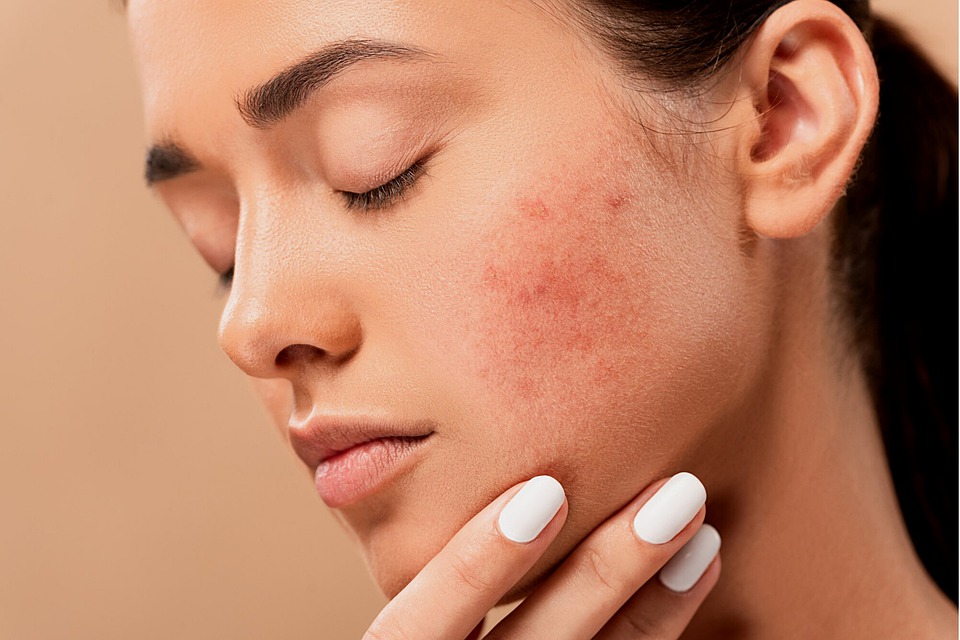
How can I treat sensitive skin?
First thing’s first: you need to to stop using your current skincare products – all of them! Less is more in the case of having sensitized skin. Glamore Cosmetics has a skincare range from AA Cosmetics – where the AA stands for Anti Allergy. AA Cosmetics specialize in the treatment of sensitive and allergy prone skin. Their products are innovative, effective and safe. In 2003, AA Cosmetics received the EU ISO 9001: 2000 certificate. This certificate is a universal seal of quality that covers the production cycle of cosmetics and medicines and their subsequent distribution. It gives International accreditation to the products ensuring customer satisfaction. It is Internationally recognized and gives these products creditability and assurance.
AA Cosmetics only use raw materials/ ingredients that come from proven and reputable suppliers. All substances are certified and meet the strictest purity standards. Those intended for allergic skin are additionally cleaned of irritating and allergenic compounds. The production is carried out in accordance with the pharmaceutical standards of Good Manufacturing Practice (GMP) and with the use of world-class equipment and a professional sample archive.
The AA Cosmetics team includes over 30 specialists in the field of chemistry, biotechnology, microbiology, pharmacy and cosmetology.
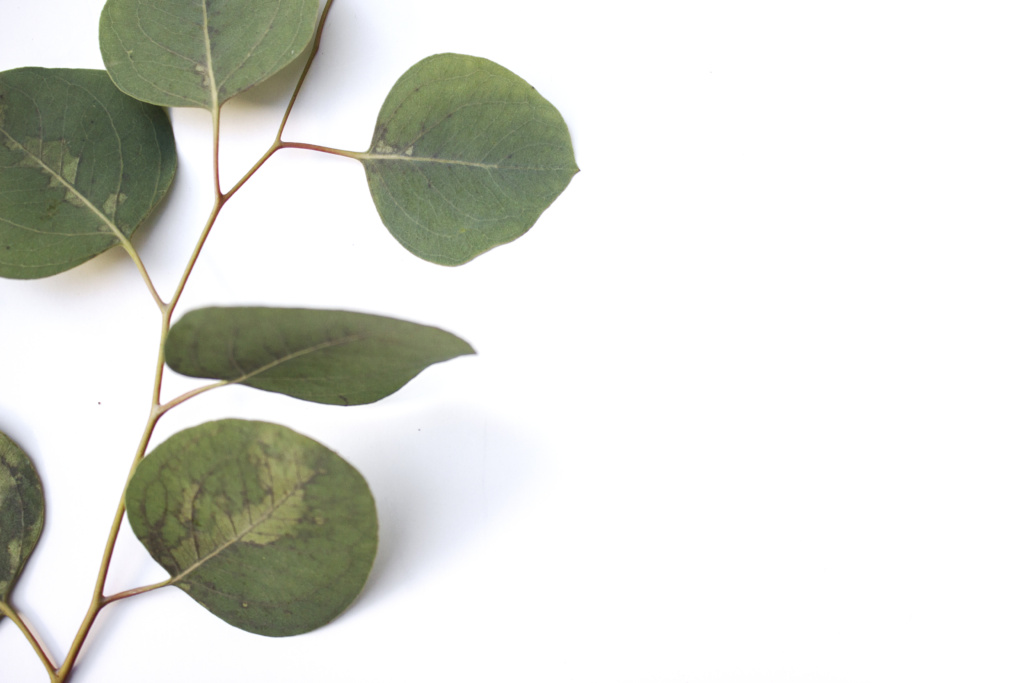
How to Apply Makeup if you have Sensitive Skin?
Accepting that your skin is fallible and changes all the time means that you are aware that you will need to change your makeup game and/or skincare routine to meet the needs of your skin right? Wearing a mask aggravates our skin and can lead to extra oil therefore causing oiliness and possibly acne. In the case of dry skin, masks can cause an allergic reaction leading to a rash which is painful.
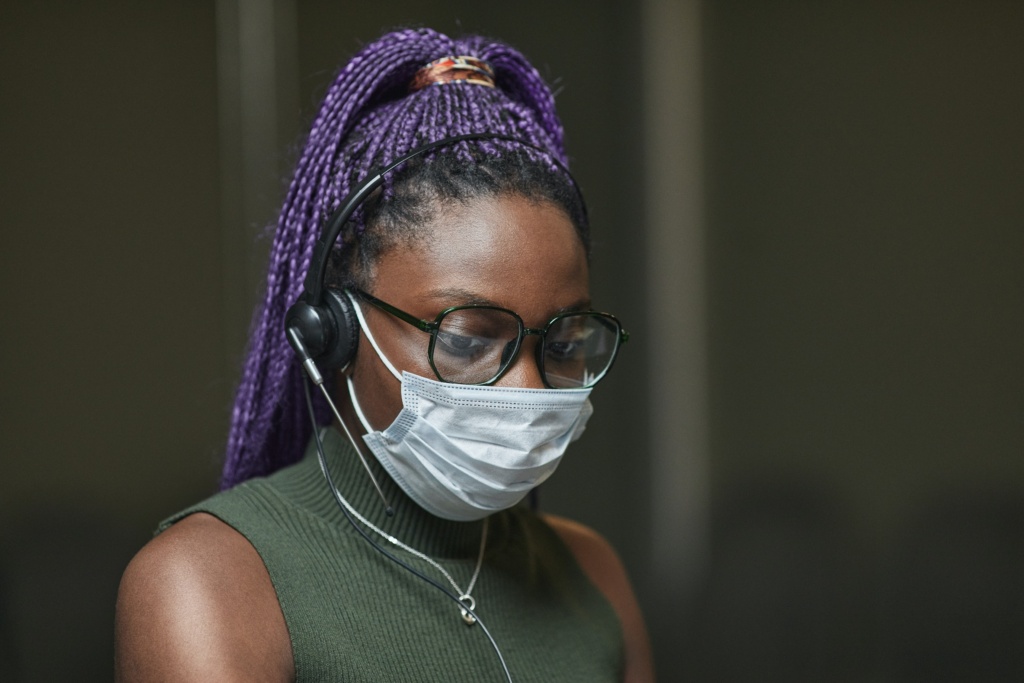
Knowing that you have sensitive skin means staying away from products that will irritate or exasperate it. And because color cosmetics is generally under-regulated in SA it is up to us to control what we use. Most of the bad chemicals have been listed so we know we need to avoid them. I have always known that I have sensitive skin so for me I need to look out for and be careful of the following: 1) ingredients, 2) fragrance and 3) whether the product is hypoallergenic.
- Ingredients: I am allergic to nickel so anything that contains nickel is a no for me.
- Fragrances: I also stay away from any cosmetics that have fragrances because I have a complete sneezing attack (like for days).
- Hypoallergenic products: these are products which have been specifically tested and tried on people with allergies and sensitive skin.
This is a list of harmful known chemicals still found in makeup and/ or skincare today:
| CHEMICAL | PRODUCT (S) | HARM/SAFETY ISSUE |
| Parabens | Soap, lotion, makeup | Endocrine disruption/ infertility/ breast cancer |
| Sulfates | Cosmetics, shampoo, toothpaste | Carcinogenic/ skin irritation/ allergies |
| Toulene | Nail polish, hair dye | Toxic to the immune system/ birth defects |
| Phthalates | Fragrances, hair spray, nail polish | Endocrine disruption/ infertility |
| Polyethylene glycol (PEG) | Shampoo, sunscreen, lotions | Carcinogen/ Respiratory problems |
| Formaldehyde | Cosmetics (preservative) | Asthma/ Neuro & Developmental toxicity |
| Oxybenzone | Chemical sunscreen, tinted moisturizer foundation | Male infertility/ cancer/ birth defects |
| Diethanolamine (DEA) | Bubble bath, bath wash, shampoo | carcinogen & respiratory toxin |
| Triclosan | Personal Cosmetics | Endocrine disruptor |
| Artificial Fragrance | Skincare and cosmetics | Carcinogens/ Endocrine disruptors/ Allergens |
If you have sensitive skin check the labels of makeup products before use – stay away from these harmful chemicals. Importantly, you need to identify the ingredient(s) which causes your skin to become sensitized. Support brands that are transparent with their ingredients – I know this can be difficult but it is worth it. A big problem is that in South Africa most of the makeup and skincare is under regulated. So yes we do have the CTFA but at the end of the day that is just not enough. I can guarantee you that I can walk through any drug store, or shop online, and I will find products with these harmful ingredients.
So it is up to YOU. Choose makeup that is safe and then apply as normal and remember ‘less is more’ especially for sensitive skin. Here are some tips that might be useful when applying makeup for sensitive skin:
- Skincare is KING – moisturize and preparing your skin is very important before using any makeup (wait about 10 minutes and then apply primer).
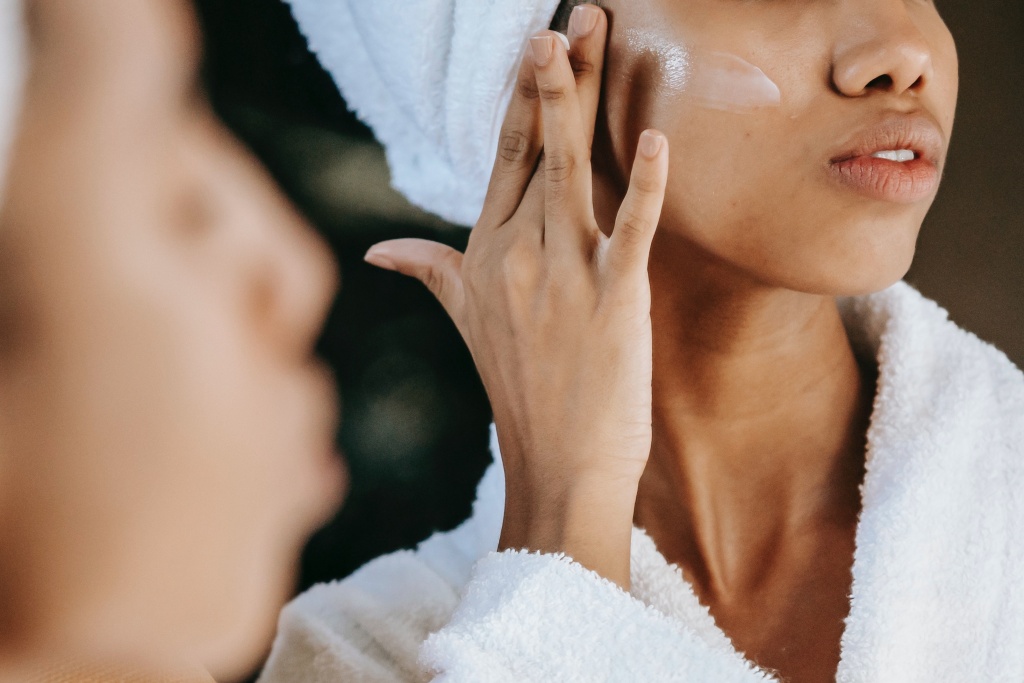
2. Pay attention to the expiry dates on products and take them seriously! Every product should have an expiry date it looks like this 5 M = 5 months or 12 M = 12 months. If a product is expired throw it away – ingredients expire and will be harmful for your skin.
3. Always make sure your tools are clean. I know it takes effort but keep your makeup brushes and sponges clean – do it weekly. Use a brush cleaner, we have an amazing one in stock, or baby shampoo to prevent the spread of bacteria which will definitely damage sensitive skin causing rashes or allergic reactions.
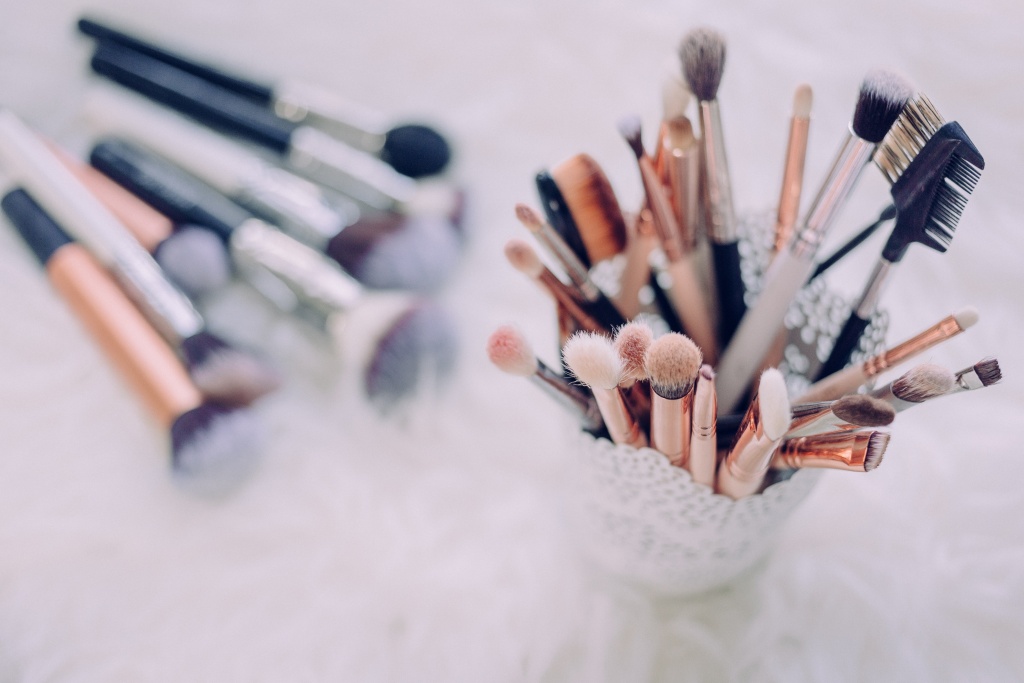
4. Use foundation and concealer – it can protect your skin from the environment. Apply in a broad, circular motion from the middle of the face and outwards, making sure to blend the product onto the jawline and neck area. Foundation is complementary to one’s daily treatment cream: applied to the entire face. If it contains moisturizing and protective ingredients to protect from UV rays, it forms a “shield” over your skin that blocks out pollutants. Foundation is a very useful cosmetic for sensitive skin, which is vulnerable to harsh environmental agents.
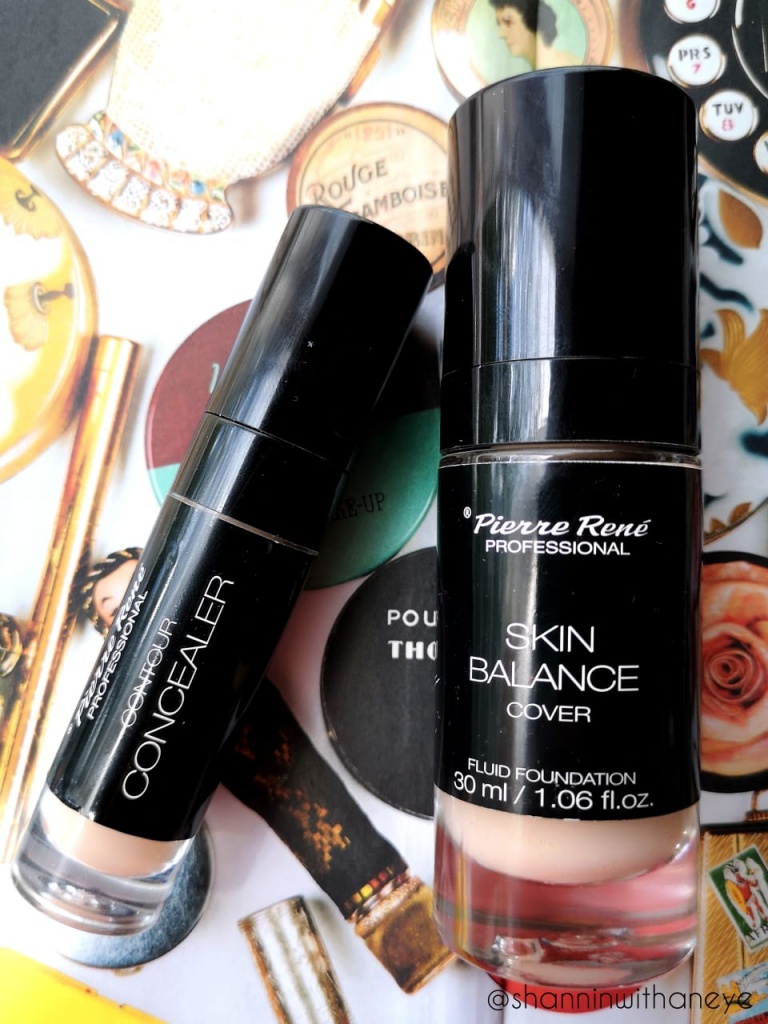
5. Last but not least and possibly the MOST important is to always remove your makeup! Not removing makeup is possibly the worst thing you can do for sensitive skin (actually any skin). It prevents your skin from breathing by clogging your pores and causing breakouts.
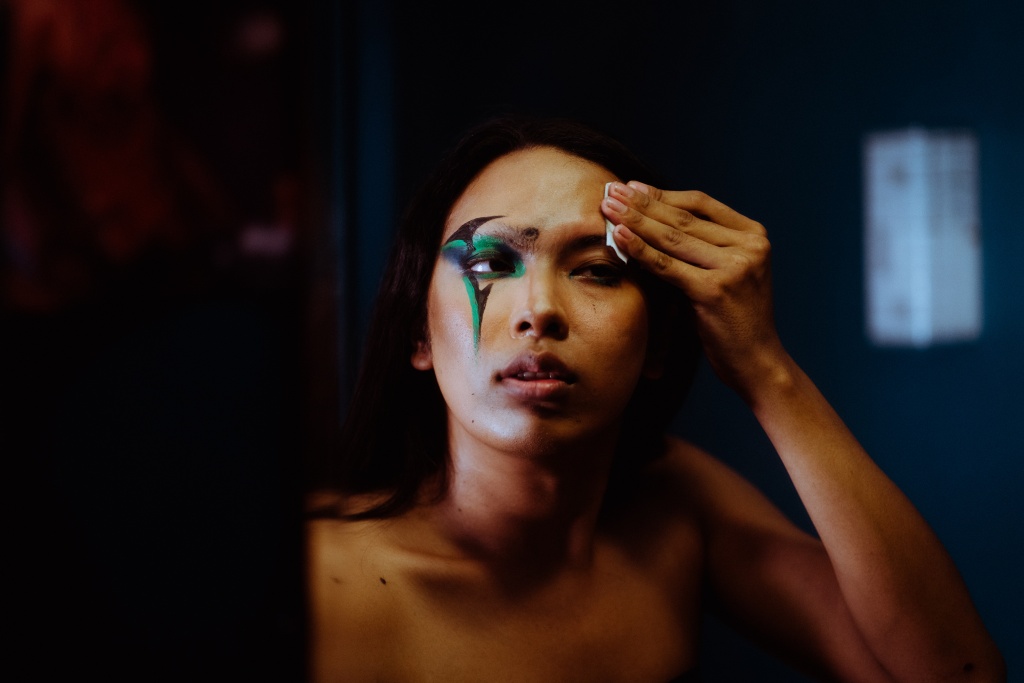
And that is a wrap! Would love to know if you have any comments on sensitive skin or any suggestions on products that you recommend.






Thank you for this information, there’s not much out there for those with sensitive skin.
This was incredibly informative.
You are so right! Thank you for taking the time to read my post 🙂